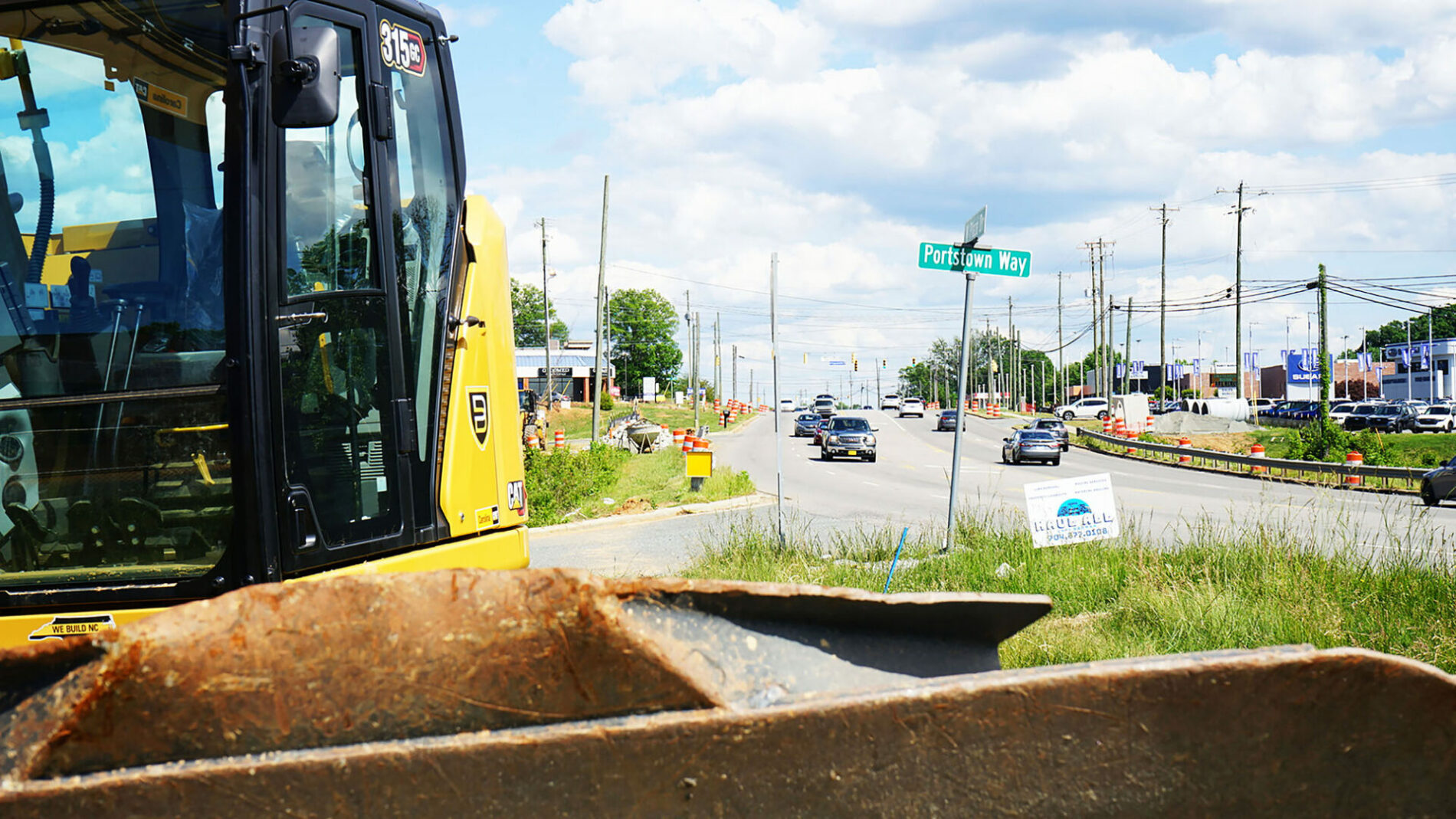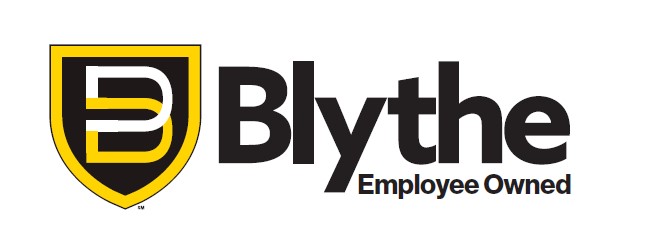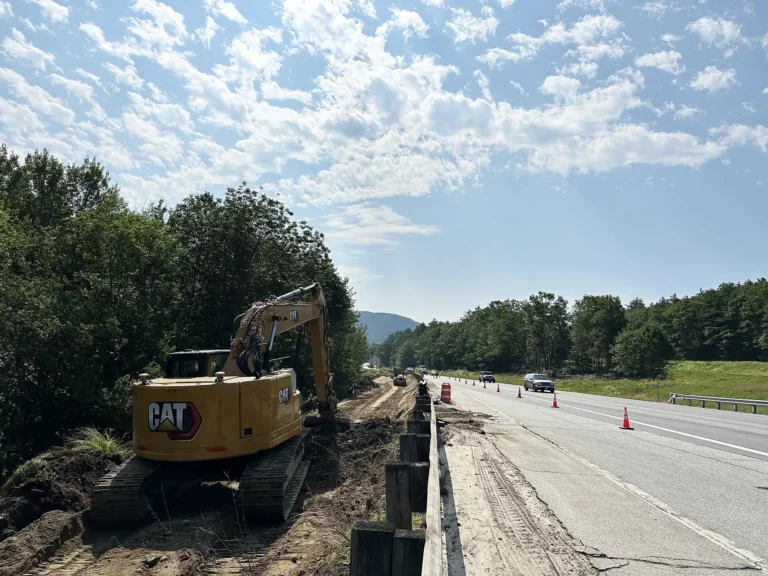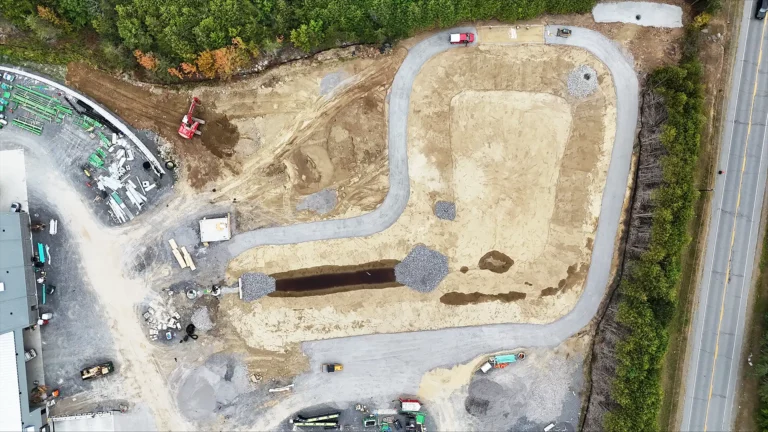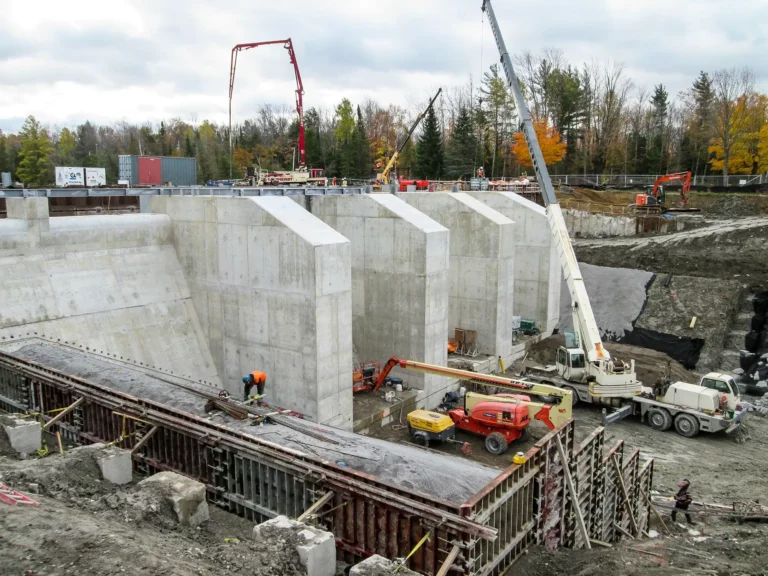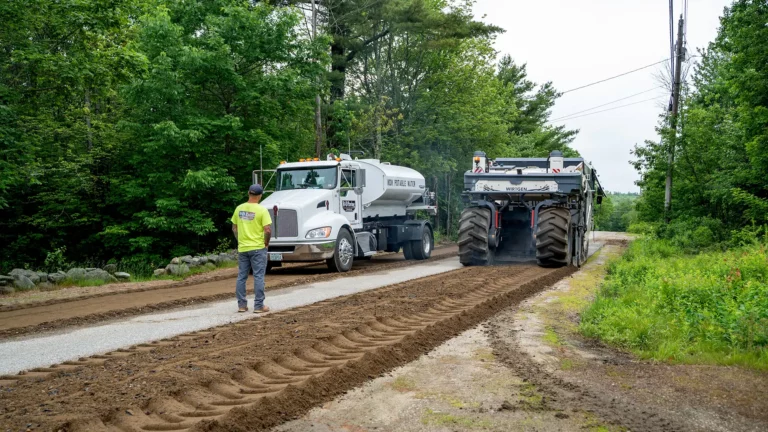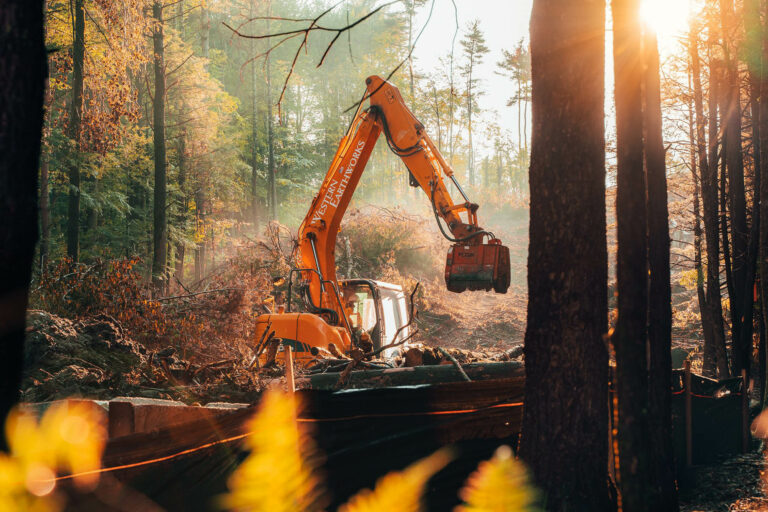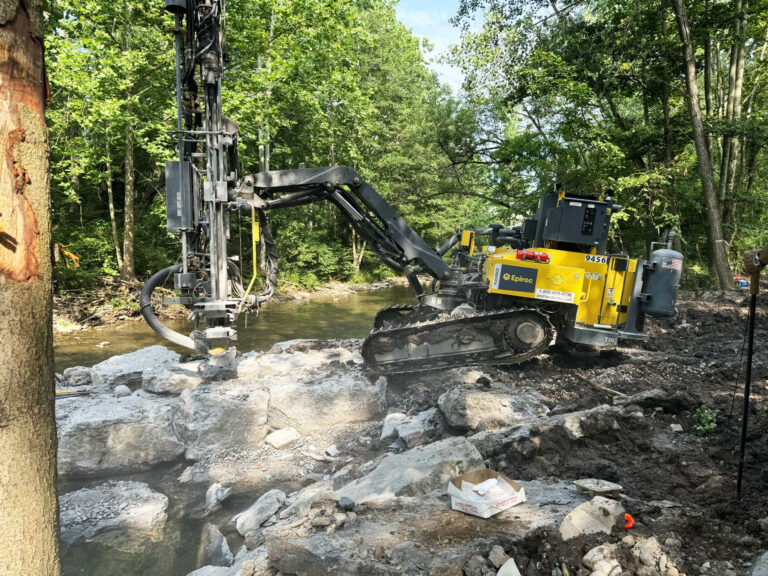In the heart of Charlotte, North Carolina, a city pulsing with growth and opportunity, Blythe Development has carved out a legacy that spans over a century. As 2024 drew to a close, the company celebrated a record-breaking year, a testament to its enduring commitment to excellence and its deep roots in the construction industry. From humble beginnings to becoming a 100% employee-owned powerhouse, Blythe Development’s story is one of family, resilience, and relentless ambition.
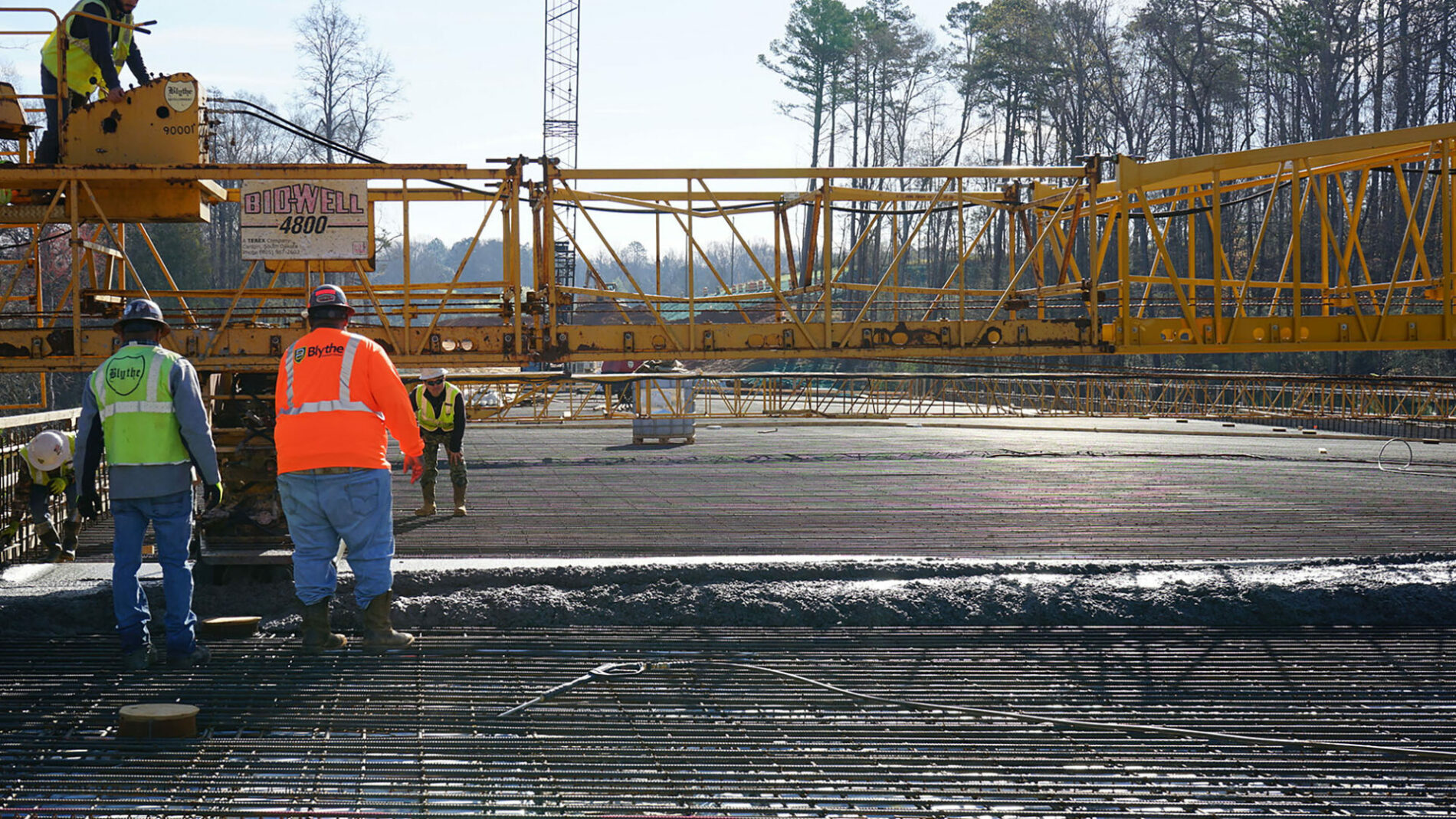
The Blythe name has been synonymous with construction in Charlotte since 1921, when Luke Blythe’s great-grandfather laid the foundation for what would become a family dynasty. Passed down through generations, the business evolved into Blythe Industries, led by Luke’s grandfather, father, and uncle. By the late 1980s, with multiple siblings holding ownership stakes, the family made the difficult decision to sell the company to a third party. “They decided to sell because it was just the right thing to do at the time,” Luke Blythe, the current president, explained.
But the Blythe family’s passion for building couldn’t be sidelined for long. After a brief stint working for the new owners, Jack Blythe, Luke’s father, and his uncle Frank struck out on their own. Bound by a non-compete agreement, they pivoted to other ventures—constructing build-to-suit metal buildings, developing public golf courses, and offering consulting services. In 1992, when the non-compete expired, they seized the opportunity to re-enter the construction industry, founding Blythe Development with a modest team of 10 employees and a focus on serving private clients in Charlotte.
“They really wanted to stay small and just stay in the private market and service their former clients,” Luke recounted. But Charlotte had other plans. The city was in the midst of rapid expansion, and Blythe Development grew alongside it, riding the wave of urban development to become a major player in both public and private sectors.
Today, Blythe Development comprises two entities: Blythe Development Company and Blythe Brothers Asphalt Company. Together, they offer comprehensive heavy highway and site work services, handling everything from erosion control and grading to bridge construction and asphalt paving. “Basically, we do everything from the ground down,” Luke said, emphasizing the company’s self-performing model. By managing the majority of their work in-house, Blythe maintains a competitive edge, delivering quality and efficiency that clients trust.
The company’s growth has been nothing short of remarkable. From its initial 10 employees in 1992, Blythe Development now employs 850 people and generates an annual revenue of approximately $270 million. Its asphalt division, bolstered by strategic acquisitions, operates four plants, established in the 1990s, 2007, 2017, and 2024. These facilities have solidified Blythe’s ability to meet the demands of a burgeoning market.
A pivotal milestone came in 2024 when Blythe Development transitioned to a 100% Employee Stock Ownership Plan (ESOP)-owned company. This shift marked a new chapter, aligning the company’s future with the dedication of its workforce. “It’s been good so far, but the whole transition takes time for the employees to realize the benefit,” Luke noted. The move coincided with a record year, reinforcing the value of employee ownership. “I think the employees are learning and valuing the work that they do, and realizing that if they work harder and smarter, they ultimately will benefit from that,” he added. The ESOP structure has also become a tool for retention, rewarding dedication and longevity—a nod to the company’s family-oriented ethos.
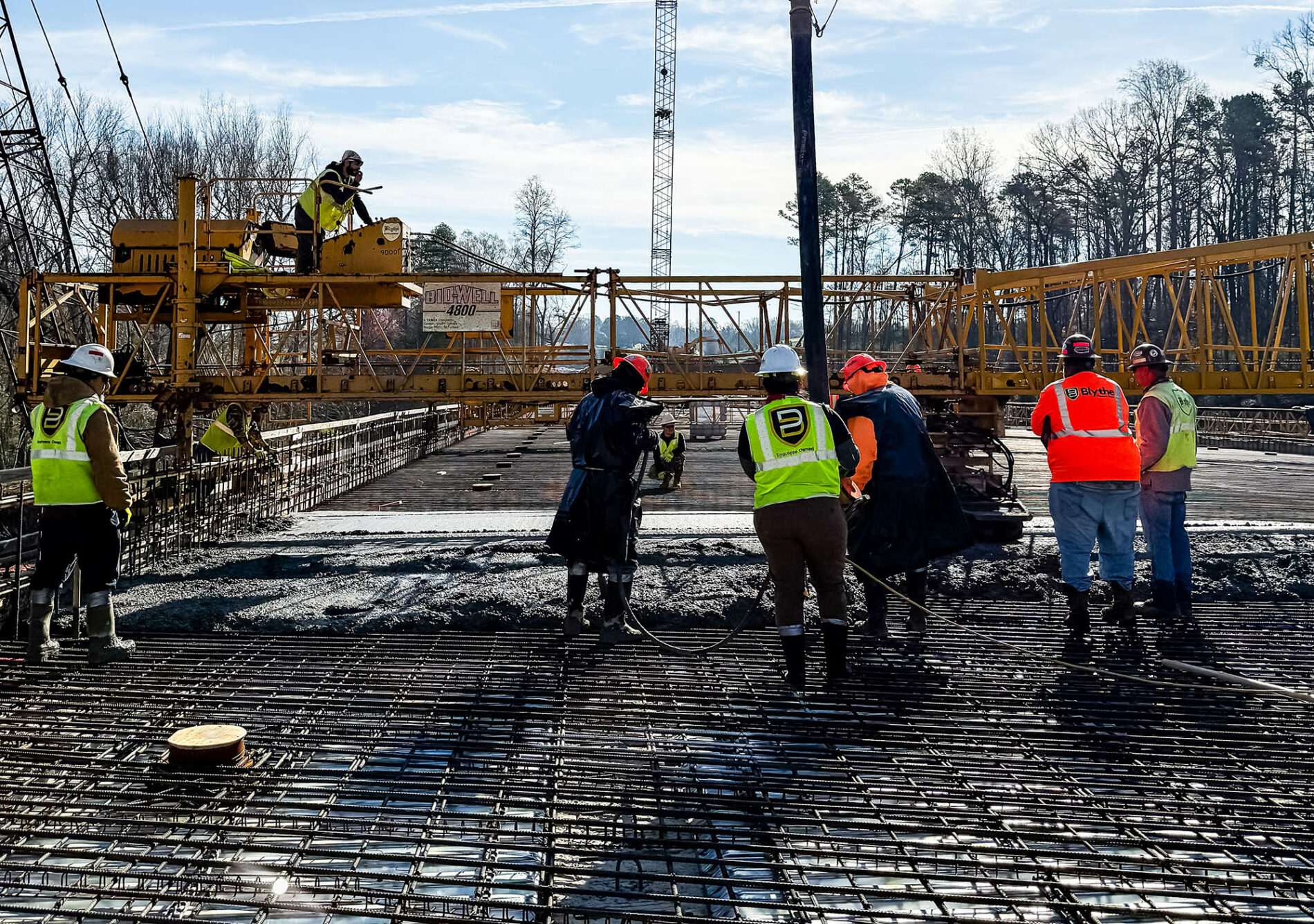
At the core of Blythe Development’s success is what Luke calls “The Blythe Way”—a set of principles rooted in over a century of family tradition. “With our family being in the construction business for over 100 years, [the principles] still work, and we try to meet or exceed our client’s expectations,” he said. This philosophy drives the company to tackle even the most challenging projects with confidence. “We can handle pretty much any project; we don’t shy away from anything—in fact, the harder projects are the ones that we like,” Luke declared.
The company’s family atmosphere extends beyond the Blythe name. “We’ve always been a family company,” Luke explained. “We treat our employees as family, and I think that’s been a major factor in our success because, without our employees, we’re really not a company at all.” This commitment was evident in another historic milestone: the appointment of two non-family members to executive roles. Joey Dodson became Vice President and CFO, and Stony Bumgardner was named Vice President of Operations, marking a significant evolution in the company’s leadership.
Blythe Development’s portfolio is a showcase of high-profile projects that have shaped Charlotte’s landscape. Among them is the ongoing widening of NC Highway 150, a $249 million endeavor described by Luke as the single largest project in the company’s history. Spanning five and a half miles, the project includes constructing a bridge over Lake Norman and is expected to take five years to complete. Another significant undertaking is the $45 million improvement of SC 557 in York County, part of the Pennies for Progress program, which involves building a bridge and upgrading 2.4 miles of road.
In Charlotte, Blythe is transforming the former Eastland Mall site through the Mall Redevelopment at Eastland Yards, a 60-acre mixed-use development. The city purchased the long-vacant property, and Blythe has been instrumental in laying the groundwork. “The main project was to put all the preliminary infrastructure in place, which is pretty much done,” Luke said. This included interior roads, storm drainage, water, sewer utilities, and sections for single-family and multifamily housing. The next phase will see the construction of a soccer facility, adding to the site’s vibrant community offerings.
These projects reflect Blythe’s ability to forge long-term partnerships with clients across the Charlotte market. “The company boasts many long-term partnerships, which Luke described as a key to their growth,” a fact that underscores their reputation for reliability and excellence.
“The company boasts many long-term partnerships, which Luke described as a key to their growth.”
As Blythe Development heads into 2025, the future looks brighter than ever. Coming off a record year, the company has a backlog of projects larger than any in its history. “I think this year looks just as strong as last year, if not better,” Luke said optimistically. With Charlotte continuing to attract new residents and businesses, Blythe is poised for steady growth. “We’re going to continue to grow but more at a modest pace versus trying to double in size,” he added, emphasizing a sustainable approach.
The company is already eyeing new opportunities, with several projects in the early budgetary stages expected to materialize by late 2025. From infrastructure upgrades to transformative developments, Blythe Development remains a cornerstone of Charlotte’s evolution, guided by its family values and a workforce empowered to build a legacy of their own.
For Luke Blythe, the formula for success is clear: “They’re the ones getting the work done, and we value that, which is ultimately why we decided to transition into an employee-owned company—to give them the benefit of their hard work.” As Charlotte grows, so too will Blythe Development, carrying forward a century-old tradition of building not just roads and bridges, but communities and futures.









